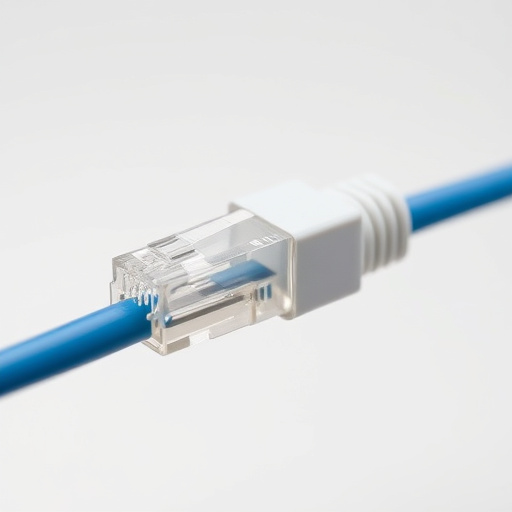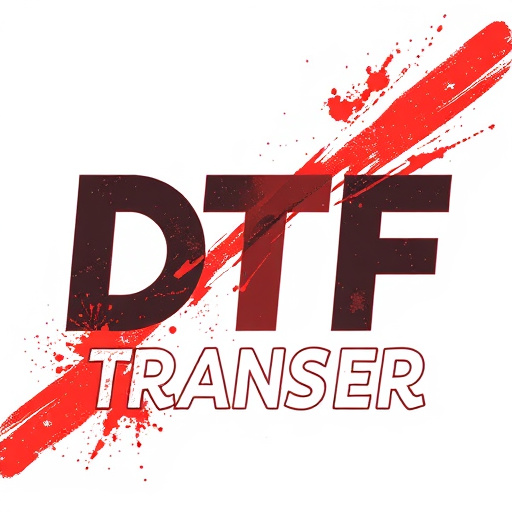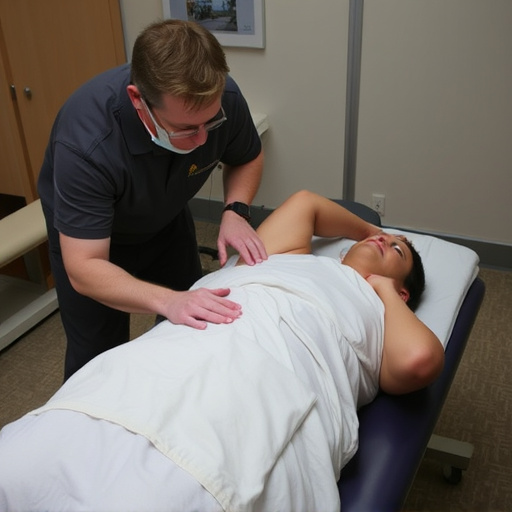Becoming a Tricare authorized provider involves adhering to standards for specialists serving military families and veterans. The process includes registration, credentialing review, fee negotiation, and implementing agreed-upon systems like electronic health records. Maintaining current credentials through regular updates ensures patients receive qualified treatment in areas such as musculoskeletal injuries and spinal adjustments.
“The credentialing process for becoming a Tricare Authorized Provider involves understanding stringent requirements and navigating a structured procedure. This article guides you through the essentials of Tricare authorization, offering a comprehensive step-by-step breakdown. From initial eligibility to ongoing maintenance, we explore how healthcare providers can gain and sustain their Tricare provider status. By following these insights, aspiring Tricare authorized providers can ensure compliance, facilitate patient care access, and thrive in the military health system.”
- Understanding Tricare Authorization Requirements
- The Step-by-Step Credentialing Process
- Maintaining and Updating Provider Credentials
Understanding Tricare Authorization Requirements
Becoming a Tricare authorized provider is a significant step for healthcare professionals aiming to serve military families and veterans. Understanding the authorization requirements is crucial for navigating this process successfully. Tricare, as a comprehensive health care program, has specific standards and criteria that providers must meet to ensure they offer high-quality services aligned with the unique needs of its enrollees. These standards encompass various aspects, including clinical expertise, facility compliance, and ethical practices.
For healthcare practitioners specializing in areas such as musculoskeletal injuries and spinal adjustments, functional rehabilitation plays a vital role. Ensuring these services adhere to Tricare’s guidelines and requirements is essential for authorization. This involves staying updated on evidence-based practices, maintaining comprehensive records, and demonstrating competence through continuing education. By fulfilling these criteria, providers can gain the recognition needed to offer their specialized services to eligible Tricare beneficiaries, fostering better access to care for military communities.
The Step-by-Step Credentialing Process

The credentialing process for Tricare authorized providers involves a series of carefully structured steps to ensure quality and safety in healthcare services. It begins with provider registration, where prospective suppliers submit their initial applications detailing their practice information, including scope of services offered and patient demographics. This initial step is crucial for establishing the provider’s eligibility to participate in the Tricare network. Following registration, an in-depth review process commences, examining the provider’s credentials, licensing, and certification. This rigorous evaluation guarantees that only qualified healthcare professionals gain access to the Tricare network.
Once the provider’s qualifications are verified, they advance to the next phase: agreement negotiation. Here, Tricare and the authorized provider discuss terms, fees, and service coverage. This collaborative process ensures a mutually beneficial arrangement. Post-negotiation, providers must implement required systems and protocols, such as electronic health record management and patient billing processes, adhering to Tricare standards. Notably, for specialists offering services like shockwave therapy for pain or managing auto accident recovery and sciatica treatment, these steps guarantee compliance, enhancing patient care and experience within the Tricare network.
Maintaining and Updating Provider Credentials

Maintaining and updating provider credentials is a vital aspect of the Tricare authorized provider process. Once a healthcare provider is approved, it’s crucial to keep their information accurate and up-to-date. This includes verifying any changes in practice location, specializations, or medical licenses. Regular updates ensure that patients receiving care from these providers are getting the most current and qualified treatment available.
For Tricare authorized providers, especially those specializing in areas like sports injury recovery or auto accident treatment, maintaining precise credentials is essential to continuing their participation in the network. This involves staying current with industry standards, attending relevant workshops or trainings, and promptly reporting any significant events that could impact their ability to provide care, such as malpractice claims or disciplinary actions.
The credentialing process for new Tricare authorized providers involves understanding stringent authorization requirements, navigating a step-by-step procedure, and maintaining ongoing updates. By adhering to these guidelines, healthcare professionals can ensure their eligibility and access to the Tricare network, ultimately benefiting patients in need of quality medical services.














